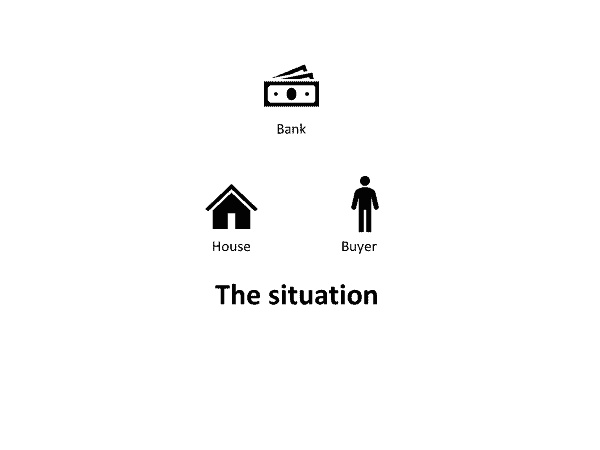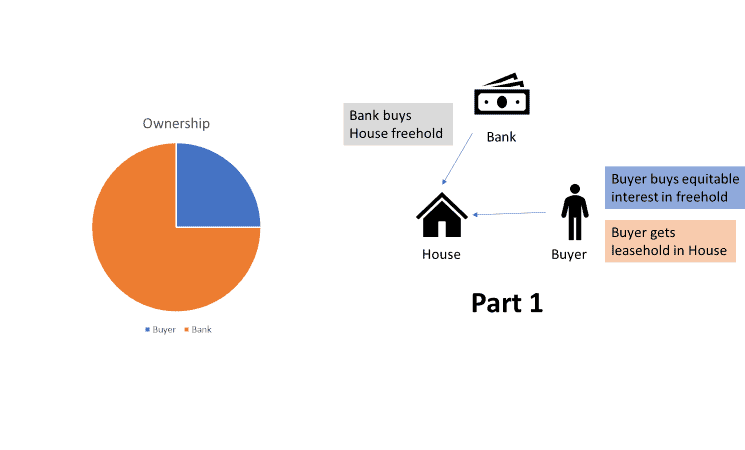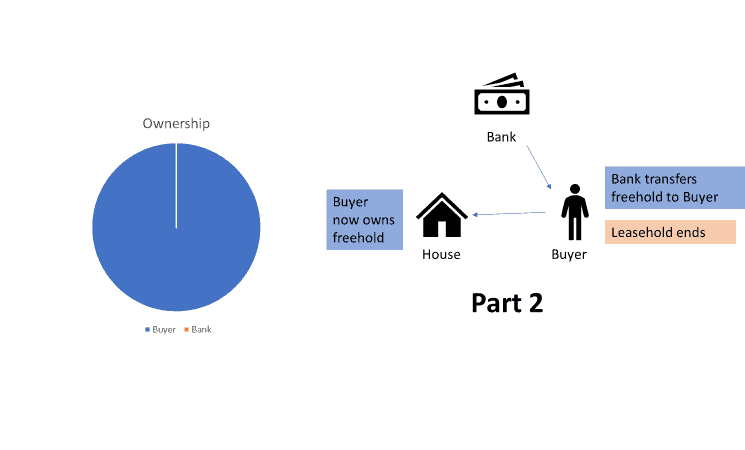We have written extensively on Islamic mortgages at IFG (see here, here and here for example and definitely also check out our cool Islamic mortgage comparison tool), but we have previously kept the discussion generic. In this article, for the first time ever, we exhaustively go through Al Rayan’s Home Purchase Plan ( the “HPP”) in particular.
We are confident that nothing as detailed as this has been done for the Al Rayan HPP. In this article we examine the legal, Islamic, commercial and practical aspects of the HPP informed by:
- a close read of Al Rayan’s legal documentation;
- a wide-ranging survey of Al Rayan customers; and
- hundreds of discussions we’ve had with professionals, Al Rayan staff and scholars over the last few years. In short, this has been a time-intensive exercise for us, but inshAllah it is the best resource out there for Muslims wanting to properly understand the Al Rayan mortgage both Islamically and commercially.
Summary
Yes, we’re starting with a summary (there’s nothing worse than trawling through 4,000 words to find a one-paragraph summary tucked away!).
Our conclusion is that, given the current UK context, the HPP is the best Islamic mortgage option out there for those who qualify under the Al Rayan eligibility criteria. However we do have some bones to pick on both the commercial and Islamic side with the HPP as it currently is. We believe the HPP could be better from both a commercial and Islamic perspective if a few tweaks were made to it. We hope this article will help pave the way to making these changes.
From our personal perspectives, Ibrahim has an Al Rayan mortgage, while Mohsin has opted for Heylo Housing (but plans to shift to Al Rayan in the coming years). You should definitely also check our our Islamic mortgage comparison page. It is the only one of its kind in the UK.









